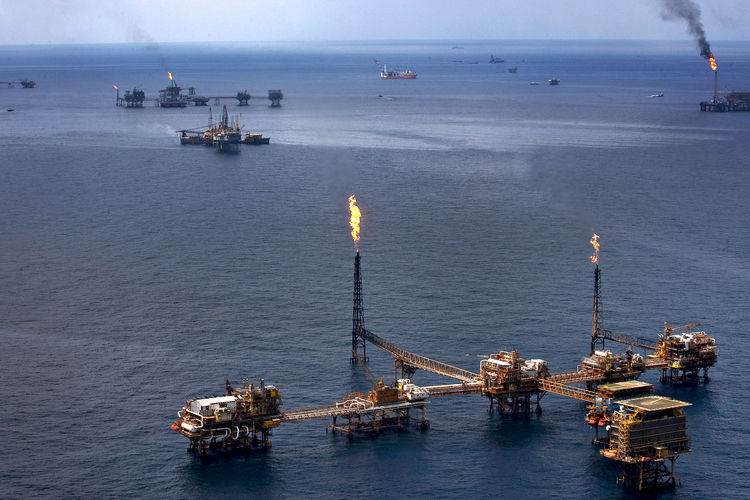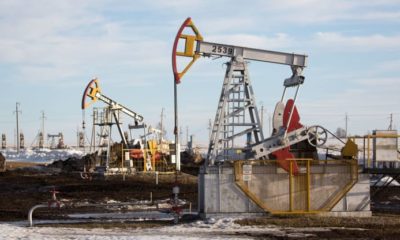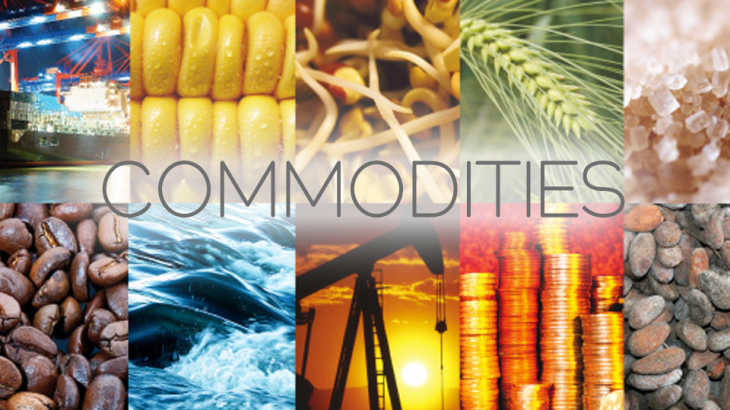All it took was a few words from OPEC to encourage oil bulls.
Money managers increased wagers on rising crude prices by the most since January as futures rebounded from a three-month low. Prices jumped after OPEC’s president said Aug. 8 the group will hold informal talks in Algiers next month and Saudi Arabia signaled Aug. 11 it’s prepared to discuss taking action to stabilize markets.
“The statement certainly achieved its purpose,” said Daniel Yergin, vice chairman of IHS Markit. “The Saudis saw bearish bets had really driven down the prices.”
Talks between OPEC members and other producers may result in action to stabilize the market, Saudi Arabia’s Energy Minister Khalid Al-Falih said. Members of the Organization of Petroleum Exporting Countries are in “constant deliberations,” according to a statement on OPEC’s website attributed to Mohammed bin Saleh Al-Sada, Qatar’s energy and industry minister and the group’s current president.
Hedge funds bolstered their long position in West Texas Intermediate crude by 17,154 futures and options combined during the week ended Aug. 9, according to the Commodity Futures Trading Commission. WTI rose 8.3 percent to $42.77 a barrel in the report week. Prices advanced 1 percent to $44.95 a barrel as of 9:33 a.m. London time on Monday after posting the biggest weekly gain since April.
“The Saudis are very conscious of the financial markets and how they exaggerate price moves,” Yergin said.
Differences between Saudi Arabia and Iran caused the demise of a proposal to freeze production at an April summit in Doha. The kingdom insisted it wouldn’t restrain output without commitments from all OPEC members, including Iran, which has boosted crude production and exports after years of sanctions were lifted in January.
“A freeze may be on the table, maybe more,” said Mike Wittner, head of oil-market research at Societe Generale SA in New York. “The Saudi comments leave the door open to anything, as opposed to Doha where they killed the deal. The fact that the Saudis are open to any action is an important signal. The Iranians have pretty much done what they wanted to do, which will make them more open, and the Saudis seem open as well.”
Refinery Demand
Refiners around the world will process a record 80.6 million barrels a day of crude this quarter to absorb all-time high production from several Persian Gulf producers, the International Energy Agency said Aug. 11.
“The market is moving towards balance with a huge overhang,” Yergin said. “We see supply and demand roughly in balance, and if there are no additional disruptions prices should be in the mid $50s next year.”
Rising U.S. oil stockpiles and weakening demand from the nation’s refineries may weigh on prices. Crude supplies rose by 1.06 million barrels as of Aug. 5, Energy Information Administration data show. Over the past five years, refiners’ thirst for oil has fallen an average of 1.2 million barrels a day from July to October.
Money managers’ long position in WTI rose to 322,594 futures and options, the highest since May 2015, CFTC data show. Shorts, or bets on falling prices, increased 0.7 percent and were at a record for a second week. Net longs advanced 18 percent, the biggest jump since March.
Other Markets
In other markets, net-bearish bets on gasoline shrank 69 percent to 1,277 contracts. Gasoline futures rose 2.6 percent in the report week. Net-long wagers on U.S. ultra low sulfur diesel tumbled 72 percent to 1,984 contracts. Futures advanced 5.7 percent.
Not all analysts are convinced that the Saudi comments will translate into action.
“The Saudi statement could mean anything,” said Tim Evans, an energy analyst at Citi Futures Perspective in New York. “They said that there will be informal meeting of OPEC members on the sidelines. That could be anything from coffee and cake on a terrace to a closed-door meeting to decide on specific production proposals.”


 Naira4 weeks ago
Naira4 weeks ago
 Naira4 weeks ago
Naira4 weeks ago
 Travel4 weeks ago
Travel4 weeks ago
 Naira3 weeks ago
Naira3 weeks ago
 Jobs4 weeks ago
Jobs4 weeks ago
 Naira4 weeks ago
Naira4 weeks ago
 Investment4 weeks ago
Investment4 weeks ago
 Travel4 weeks ago
Travel4 weeks ago



























